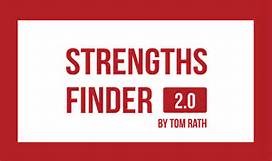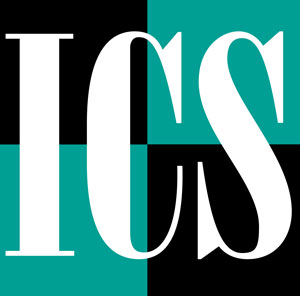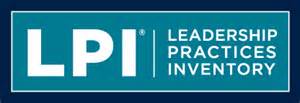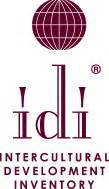Featured Leadership Assessments

StrengthsFinder 2.0
Based on decades of research by psychologist and business executive, Dr. Donald O. Clifton, StrengthsFinder 2.0 encourages a strengths-based approach to teamwork. Using the StrengthsFinder 2.0 assessment and related coaching tools, teams are able to identify and intentionally use the unique talents and strengths of their individual team members. Individuals know and appreciate each other’s strengths. Together, they combine their strengths to achieve success.
Using the Strengths Based Leadership tools, StrengthsFinder 2.0 also maps directly onto a leadership context in that it identifies three keys to being a more effective leader:
- knowing your strengths and investing in others’ strengths,
- getting people with the right strengths on your team, and
- understanding and meeting the four basic needs of those who look to you for leadership (trust, compassion, stability, and hope).
The UELC uses StrengthsFinder 2.0 materials to enhance leaders’ experiences within the ELDEx simulated case study platform. Simulation teams first have a grounding experience working within the StrengthsFinder 2.0 framework to intentionally build an assets-based approach to collaborative decision-making; then they enter into the ELDEx platform and apply their learnings.

Intercultural Conflict Style Inventory
Based on the research of Mitchell Hammer, the ICS Inventory is an 18-item, self-scoring questionnaire that assesses an individual’s approach for solving problems and resolving conflicts. Seen as a tool for resolving conflicts across cultural boundaries, the UELC encourages leaders to reflect on their own decision-making, problem-solving, negotiating, and mediating skills within the context of ELDEx simulations grounded in multiple layers of conflict that often center on race, culture, language, and poverty.
Intercultural Development Inventory
The Intercultural Development Inventory (IDI) assesses intercultural competence—the ability to shift cultural perspective and appropriately adapt behavior to cultural differences and commonalities. Intercultural competence is a critical ability for leaders in urban schools and urban school systems. The Intercultural Development Inventory is an online 50-item questionnaire that can be completed in 15–20 minutes.
The UELC posits that developing leaders’ intercultural knowledge, attitudes, skills, and worldview are critical for their success in multiethnic, multiracial, multilingual, and multicultural cities and urban school systems. UELC learning modules and leadership institutes provide opportunities for extended collaborative learning wherein leaders cultivate tools that will help them not only develop intercultural competencies, but also give them the opportunities to adapt and use said tools to their current school and district contexts.

Leadership Practices Inventory
The Leadership Practices Inventory® (LPI®), is a 360-degree assessment tool created by Jim Kouzes and Barry Posner. Following an online assessment, leaders receive individualized feedback in five leadership practices:
- Modeling the Way
- Inspiring a Shared Vision
- Challenging the Process
- Enabling Others to Act
- Encouraging the Heart
Analysis of assessment feedback allows leaders to reflect on their effectiveness, cueing leaders specifically to investigate personal levels of commitment, engagement, and satisfaction of those in their organization.
The UELC hopes to leverage the LPI to help leaders gain deep insight into how they see themselves as leaders, how others view them, and what actions they can take to improve their effectiveness.

